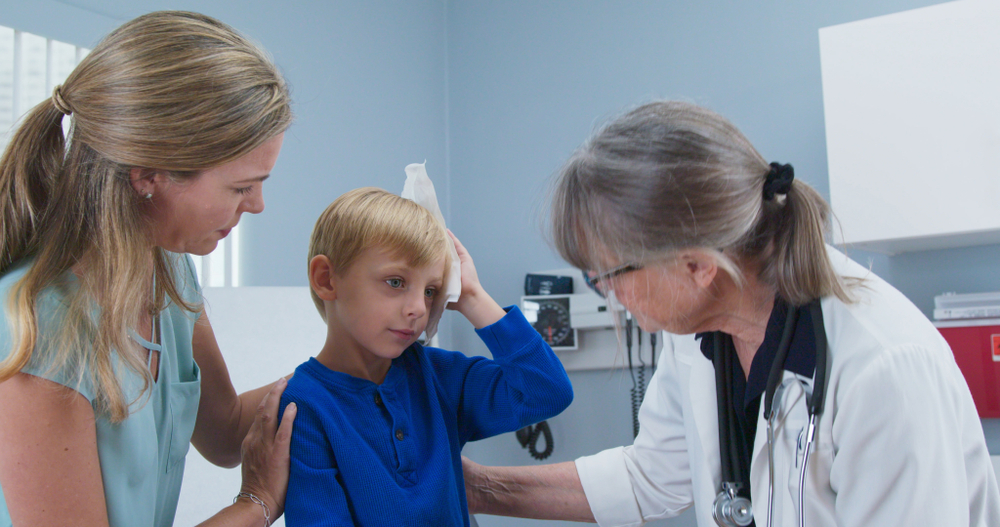
A traumatic brain injury (TBI) can significantly disrupt a child’s development, learning, and quality of life. While most people associate TBIs with cognitive or motor challenges, many are unaware that vision problems are also common and can go undiagnosed. Because children may struggle to articulate how they are seeing or what feels “off,” it’s crucial for parents to recognize the signs of post-TBI vision issues and explore effective treatment options like vision therapy.
How TBIs Affect the Visual System
The brain and visual system are closely connected. In fact, over half of the brain’s pathways are involved in visual processing. When a TBI occurs, the areas responsible for eye coordination, visual processing, and balance can be compromised. Even a mild brain injury can result in symptoms that interfere with school performance, behavior, and daily tasks.
Common Vision Problems After a TBI
Children with a TBI may experience a range of vision-related issues, including:
Blurred or double vision
Difficulty focusing or shifting focus between objects
Light sensitivity
Headaches or eye strain during reading
Poor hand-eye coordination
Balance problems or dizziness
Reduced visual memory or comprehension
These symptoms can make reading, writing, and concentrating more difficult, leading to frustration, fatigue, and a decline in academic performance.
Why These Vision Problems Often Go Unnoticed
Many post-TBI symptoms overlap with other conditions like ADHD or learning disabilities, which can make it challenging to pinpoint vision as the source of the problem. Standard eye exams may not detect these functional vision issues, as they often focus on visual acuity (how clearly a person can see) rather than how well the eyes work together and process visual information.
The Role of Vision Therapy in TBI Recovery
Vision therapy is a personalized, noninvasive treatment program designed to strengthen and retrain the visual system. For children recovering from a TBI, vision therapy focuses on improving:
Eye coordination
Visual tracking
Depth perception
Visual memory
Spatial awareness
Each therapy plan is tailored to the child’s specific needs and may include in-office exercises, specialized lenses, and at-home activities. The goal is to restore functional vision, improve comfort, and support the child’s return to normal activities both in and out of the classroom.
Get in Touch with High5 Vision Development
Vision problems caused by a traumatic brain injury can have long-lasting effects if left untreated. With early detection and the right support, including a customized vision therapy program, your child can regain the visual function they need to succeed.
If your child has experienced a head injury and is showing signs of visual struggles, contact High5 Vision Development to schedule a comprehensive vision evaluation. Visit our office in New Braunfels, Texas, or call (210) 507-7979 to book an appointment today.








